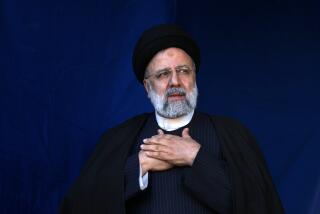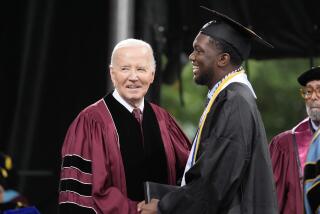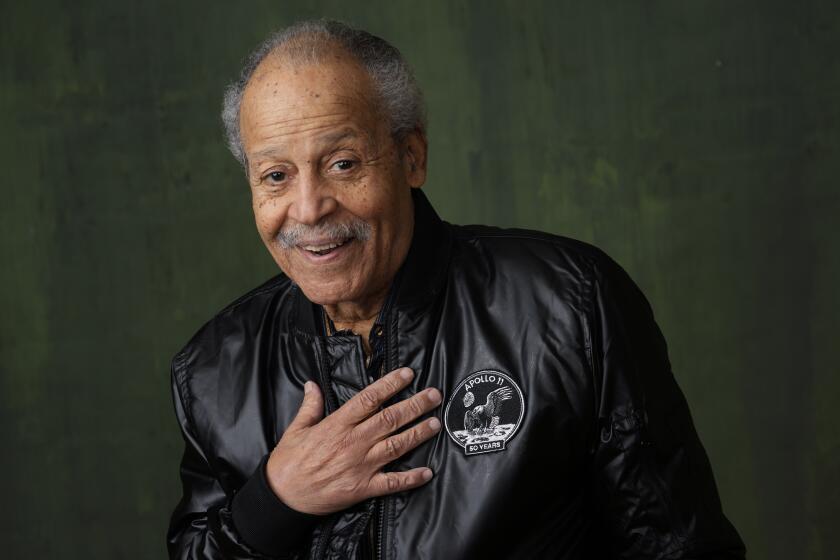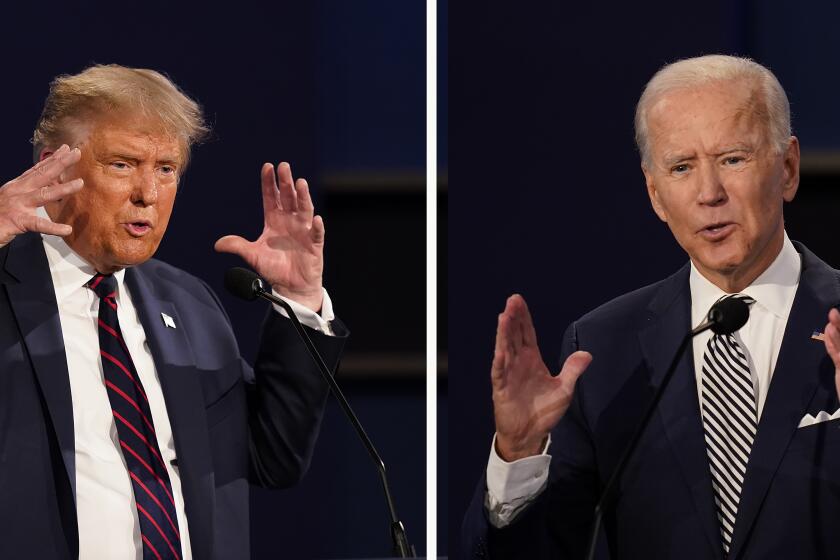Iran Affair Was Standard Fare : Scandal Wasn’t an Aberration, but the Military-CIA Way
The Tower Commission and its rebuke to the President may have been a saving watershed for Ronald Reagan, but it is much less clear what it did for the rest of us, and particularly for the making of American foreign policy--an issue, after all, that lay at the heart of the Iranian arms disaster.
The picture that has emerged from the commission’s inquiry is of a government that misfunctioned and misfired in often bizarre ways. They were, as the commission was fond of saying, “aberrations” in the system. Presumably the slippage can be fixed.
If only it were that simple.
Take George P. Shultz and Caspar W. Weinberger, the secretaries of state and defense so conspicuously absent from the Oliver L. North-John M. Poindexter rump government when it was wheeling and dealing in arms and money. Both positioned themselves discreetly clear of the disaster. Both lobbied for and won a formal, public presidential acknowledgement of their innocence. Yet both Shultz and Weinberger preside over bureaucracies hardly more exemplary than the National Security Council staff now thought to have run amok (and been duly reined in).
Weinberger’s Pentagon has been a key player in the secret wars in Central America as well as the cynical dealings with Iran and Iraq on both sides of the bloody Persian Gulf war. And we must never forget that North and Poindexter did not wander in off the street to get their jobs and the attendant fearsome White House authority. They were, in their arrogant and belligerent view of the world, vintage products of a post-World War II, post-Vietnam professional officer caste that has dominated so much of U.S. foreign policy from the Defense Department for the past quarter of a century.
Shultz’s State Department not only knowingly abdicated authority and responsibility to a Marine lieutenant colonel of uncertain emotional provenance and diplomatic expertise, but our Foreign Service then could do no more than point the finger at its fey, befuddled President, whom Shultz has known for years to be present yet absent in the making of foreign policy. By any measure it was perhaps the least finest hour for a Foggy Bottom already legendary for its bureaucratic and political cowardice.
Of all the bureaucratic survivors, even beneficiaries, of the Iran- contra scandal, however, the most ironic by far has been the Central Intelligence Agency.
True, the nomination of CIA career deputy Robert Gates to succeed the ailing William J. Casey had to be withdrawn after it was revealed that Gates, in a 1985 memo to the White House, formally and enthusiastically favored the arms deal with Iran. But the Gates sacrifice has been the only CIA casualty thus far, and the Tower inquiry itself all but exonerated the agency. “Insufficient attention,” the panel concluded, “was given to the implications of the NSC staff having operational control of the initiative rather than the CIA.” If only the professionals had been in charge.
The salient and sometimes sordid point of this scandal is that this was, from beginning to end, classically a CIA operation. It was not only that North’s shadowy go-betweens in Europe were old CIA contacts, or that the contras were always the agency’s proxy guerrillas in Central America. They emulated the CIA in spirit and method in their willful evasion of congressional restraints, their incurable covertness, their recruitment of slightly seedy characters to execute the “scenario,” as North’s memos called it.
If North was a zealous Marine colonel in the White House West Wing by day, he was by night--at the meetings with rebel groups and sympathetic rightist contributors--almost a caricature of the CIA soldier of fortune that we’ve glimpsed from the Bay of Pigs to Chile to Watergate.
The unpalatable fact, as the Tower Commission should have explained far more candidly, is that the NSC staff with its executive-branch immunity has long been a surrogate for the CIA and a focal point for an often lawless, extra-constitutional foreign policy when legal restraints or congressional oversight on the agency proved cumbersome. The NSC’s ambitious, can-do young officers have been there to run the errands, manage the payoffs, shred the awkward documents.
And if the staff men assigned to the NSC have not been willing and ideologically agreeable military officers from the Pentagon, they have often been CIA careerists whom the agency has always readily offered to national-security advisers--crisp, talented young men who ostensibly serve the President of the moment but whose real politics and real loyalties lie at CIA headquarters in Langley, Va.
These are the reassuring players in reserve--the Pentagon, State and CIA--to whom the Tower Commission would now have us turn to heal the wounds left by a renegade NSC. It is a sad and perilous naivete about the complex politics of foreign policy.
Those bureaucracies will be there, largely untouched and unreformed, long after Ronald Reagan has gone back to his Santa Barbara ranch for good.
And we will have lost in shallowness, in the political sleight-of-hand of the past months, a rare chance to lift the veil on the usually hidden world of foreign policy--to seize in the Iran-contra scandal the truly cleansing moment that it just might have been.
More to Read
Start your day right
Sign up for Essential California for news, features and recommendations from the L.A. Times and beyond in your inbox six days a week.
You may occasionally receive promotional content from the Los Angeles Times.






